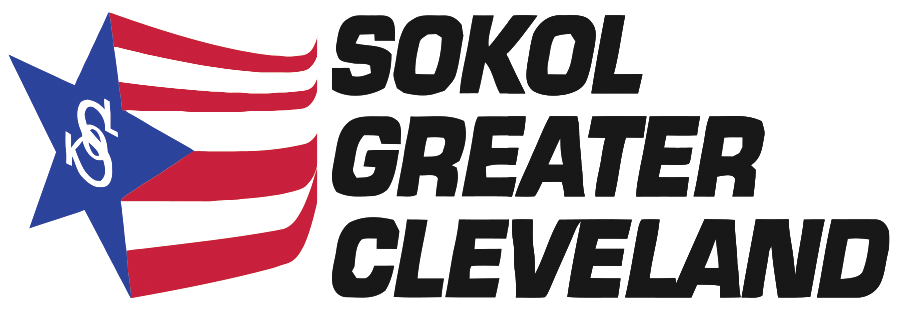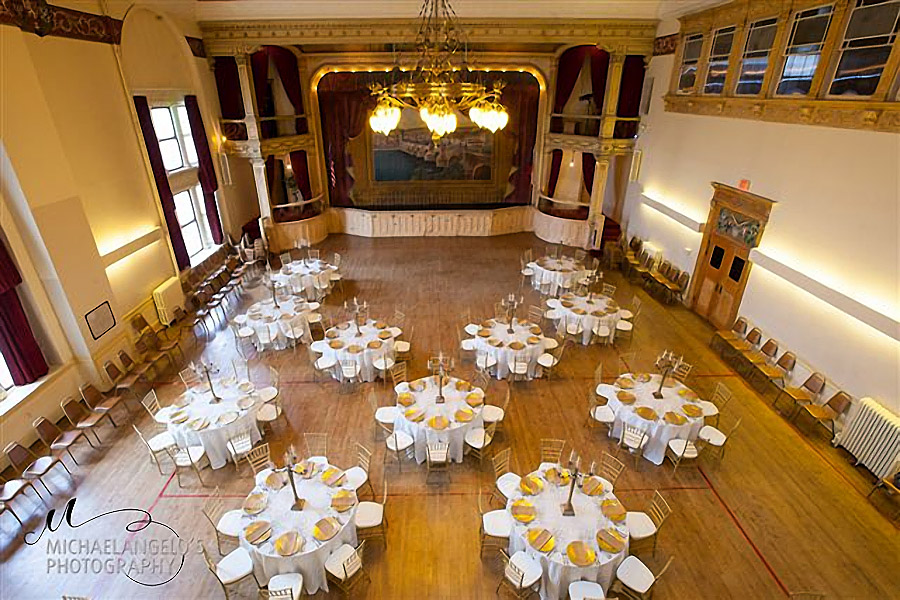Most of the information in this article came from the Library of Congress, Washington D.C. 1988, entitled “Masarayk and America-Testimony of a Relationship” by George J Kouton, European Division. Additional citings are from SGC Newsletter, June/July, 2015
Throughout history there have been men and women who have campaigned for a cause or their country. At times these efforts have been for good and positive causes but others efforts may have been for negative or evil.
Tomas Garrigue Masaryk was the first president of the newly formed Czechoslovakia.
Masarayk was in Germany at the outbreak of WWI. With great difficulty he returned to Bohemia to find political life dissolved. Freedom, though meager, had vanished. Political parties were not allowed to meet. Police spying created an atmosphere of distrust among citizens. Papers and journals were threatened with persecution if they did not publish what the police mandated. Freedom for the people, press, assembly and associations was forbidden. This Library of Congress article also cites cruel persecution of Sokols. Thus the treatment of the people, as in any oppressed population, added to the push for freedom.
In America, citizens of Czech and Slovak origins were vocal. Masaryk had a great lobbyist in the USA in Ludvik Fisher. Fisher spoke for the Czech American organizations. Fisher was able to get President Woodrow Wilson’s ear in stressing the existence of the Czechoslovakian independence movement.
Meanwhile Masaryk was working to organize Czech colonies in Switzerland, France, England and Russia. He could no longer return home and the Czech soldiers began to revolt against the war effort and many paid the ultimate price, death. America helped finance this movement, revolution costs money. This was in 1915 and this organized effort succeeded. Masaryk now presented the declaration against the Austrian government.
The Cleveland Agreement, held at Bohemian National Hall on October 22 and 23, 1915, was important in the founding of this new country called Czechoslovakia. Two expatriate groups, the Bohemian National Alliance and the Slovak League of America, prepared a document stating they would unite and work toward the formation of an independent federal union of Czech and Slovak states. {SGC Newsletter, June/July, 2015}
In May of 1918 the Pittsburgh Agreement was drafted by a gathering of the Czech-Slovak National Council. Here, the Agreement outlined certain organizational elements of the new republic. They also decided the role that these American groups would play in this effort. This goal was realized later that year in Pittsburgh in October, 1918 when Tomas Masaryk declared the independent state of Czechoslovakia. Masaryk became the first president of this new country one month later. {SGC Newsletter, June/July, 2015.
Masaryk assumed the presidency at the age of 69 and led his country for the next 17 years. Because of failing health he resigned his presidency in December of 1935. Masaryk passed away on September 14, 1937 at the age of 87,


